EYFS 2024: What's Changing? Find out and take the quiz!

I imagine you’re familiar with the Early Years Foundation Stage (EYFS)? If so, you may be intrigued to learn that it's undergoing significant changes, most of which are set to take effect in January 2024. In response to a recent government consultation, we've gathered all the essential details you need to be aware of regarding these alterations.
This blog post not only outlines the key adjustments but also invites you to test your knowledge with a short quiz at the end. So, buckle up as we navigate through the upcoming modifications to the EYFS framework, ensuring you're well-prepared for the transformations on the horizon.
If you want to read the full response from the government it is available here.
Think you already know the changes? You can take the quiz below!
Take the EYFS 2024 Group and School-Based Providers Quiz
Take the EYFS 2024 Childminder Quiz
Relevant to all providers
Proposed EYFS language changes
The government will introduce two versions of the EYFS framework. One for childminders and one for group and school-based provision. The key aim of this is to make the EYFS easier to navigate and implement.
English as an additional language
In relation to how providers support children whose home language it not english, the wording:
“Providers must take reasonable steps to provide opportunities for children to develop and use their home language in play and learning, supporting their language development at home.“
is being changed to:
“Providers may take reasonable steps to provide opportunities for children to develop and use their home language in play and learning, supporting their language development at home.“
This is to "alleviate what could be an unreasonable request of some providers" and "allow settings to spend more time focusing on the acquisition of English"
Collection of physical evidence
Wording is being changed from:
"When assessing whether an individual child is at the expected level of development, practitioners should draw on their knowledge of the child and their own expert professional judgement and should not be required to prove this through collection of physical evidence."
to:
"When assessing whether an individual child is at the expected level of development, [practitioners/childminders] should draw on their knowledge of the child and their own expert professional judgement. [Practitioners/Childminders] are not required to prove this through collection of any physical evidence"
The government points out that "this time would be better spent focussing on quality interactions with children"
Child Protection
The EYFS currently states:
“The safeguarding policy and procedures must include an explanation of the action to be taken when there are safeguarding concerns about a child and in the event of an allegation being made against a member of staff and cover the use of mobile phones and cameras in the setting”
The proposed change is to add:
“other electronic devices with imaging and sharing capabilities” to the requirement."
Qualifications, training support and skills
There will be a new document introduced which sets out the current Level 2 Early Years Practitioner and current and new Level 3 Early Years Educator criteria.
It is added that:
"The information contained in the document is already available on various gov.uk pages, but transferring that information into one place will make it more accessible to those seeking to understand the early years qualification standards."
Changes relevant to group and school-based providers
Suitable people – physical copies of qualifications
There will be clarification added in the group and school-based provider version of the EYFS framework, to state that while qualifications must be verified, employees do not have to provide physical copies of their qualifications.
Qualifications, training support and skills
Maths Qualifications
The requirements for practitioners to hold a Level 2 maths qualification to count within the level 3 staff:child ratios will be removed.
The requirement to hold a level 2 maths qualification will be placed on setting managers.
This change will only apply to new managers or managers who move to a new role
after these changes are implemented.
Setting managers employed on or after 4 January 2024 must hold a level 2 maths qualification, or they must achieve one within 2 years of starting in the position.
For managers already in post, and remain in the same post, there will be no action to take.
Experience-based route to staff:child ratios
There will be an experience-based route for staff who hold an early years qualification that is not approved or those prospective staff wishing to join the early years workforce from a related sector.
This route will not be included or referenced in the January 2024 EYFS updates. The government is developing this idea and information will be available in due course.
Students on long-term placements and apprentices
Changes will be added to allow students on placement and apprentices to count in staff:child
ratios at the level below their level of study only if their manager deems them sufficiently competent and responsible
"For example, a level 3 apprentice who is judged by their manager to be performing well could count within the level 2 staff:child ratios; equally, a level 6 trainee could be brought into the level 3 staff:child ratios."
Paediatric First Aid (PFA)
All staff that have gained a level 2 and/or level 3 qualification since 30 June 2016 must hold a valid PFA qualification to be included in the required staff:child ratios.
Take the EYFS 2024 Group and School-Based Providers Quiz
Changes relevant to childminders only
Early Learning Goals (ELGs)
The ELGs will be moved from the childminder EYFS framework to an annex. The aim of this change is to clarify that the ELGs are to be used as part of the EYFS Profile assessment (usually carried out at the end of reception year by the reception teacher).
EYFS Profile and RBA
The dfa will be reformatting the assessment section of the EYFS framework for childminders. This includes removing sections related to information to be provided to local authorities. It is deemed that much of the information is not relevant to the vast majority of childminders so will be removed.
Child Protection
The EYFS currently states that,
“The lead practitioner is responsible for liaison with local statutory children's services agencies, and with the Local Safeguarding Partners (LSP)”
This will be changed to:
“In the case of childminders working together, each childminder is responsible for meeting the requirements of their own registration. Childminders must know that they have a shared responsibility when working together for the well-being of all the children present. Therefore, where childminders work together, each childminder also has a responsibility to refer any concerns where another childminder does not continually meet the requirements of their registration.”
“Childminders must know how to contact the local statutory children’s services, and the LSP (local safeguarding partners)”
These changes aim to make the rules easier to understand. As childminders won't have a 'lead practitioner,' we want to avoid confusion. It was unclear before who is responsible when a group of childminders works together. The extra information here is to make these situations clearer and ensure strong safeguarding.
Suitable People
The EYFS currently states, “Providers must have effective systems in place to ensure that practitioners, and any other person who may have regular contact with children (including those living or working on the premises), are suitable”
The updating wording will be:
“Childminders and any assistants must be suitable; they must have the relevant qualifications, training and have passed any required checks to fulfil their roles. Any person who may have regular contact with children (for example, someone living or working on the same premises where the childminding is being provided), must also be suitable.”
“Ofsted, or a childminder’s CMA, is responsible for checking the suitability of childminders, any other person looking after children in the setting, and of any other person aged 16 and over living or working on the same premises the childminding is being provided.”
Qualifications, training, support and skills
The requirement in the EYFS for childminder applicants to have completed training which helps them to understand and implement the EYFS will be replaced with a requirement for them to demonstrate knowledge and understanding but not necessarily through formal training.
The government adds:
"There will be no change to the requirement for childminders to understand, and be able to implement, the EYFS. Childminders will still be expected to demonstrate this knowledge to Ofsted, or their CMA, and they will continue to be assessed in the same way, at their pre-registration visit."
Paediatric First Aid (PFA) – certificate
The upcoming changes to the EYFS will remove the obligation for childminders to physically display their PFA certificate. Instead, the certificate should be easily accessible, providing flexibility for childminders to have a digital copy available on a website. This adjustment aims to make it more convenient for childminders and readily accessible for parents.
Key person
The proposal to allow childminding assistants to take on the role of a key person has been approved by the government. This change is expected to ease the workload for childminders, provide more professional development opportunities for assistants, and potentially encourage the expansion of childcare provision. Childminders will be responsible for assessing the suitability of assistants for this role, ensuring the maintenance of quality and safeguarding standards.
Safety and suitability of premises, environment and equipment - kitchens
The proposed change to remove "kitchens" from the list of areas excluded from total usable space for childminders has been approved by the government. This modification aims to better align with the realities of home-based settings, acknowledging the diversity in home configurations. The adjustment is expected to ease the burden on some childminders, potentially enabling expansion of their provision where appropriate.
Safety and suitability of premises, environment and equipment – area to talk to parents and/or carers confidentially
The old wording in the EYFS stated that providers must ensure there's an area for confidential conversations. The proposed change suggests new wording: "Childminders must ensure, on request, they can make available an area for confidential conversations with parents and/or carers." This change was accepted by the government to remove a potentially burdensome requirement for childminders and better suit the home environment.
Safety and information – certificate of registration
The government has approved a proposed change in the information requirements for childminders in the Safeguarding and Welfare section of the EYFS. The change eliminates the requirement for childminders to physically display a copy of their certificate of registration. Instead, childminders can now digitally display the certificate and must make it available on request. This adjustment is intended to reduce the burden on childminders and streamline the process of sharing necessary information.
Other Articles
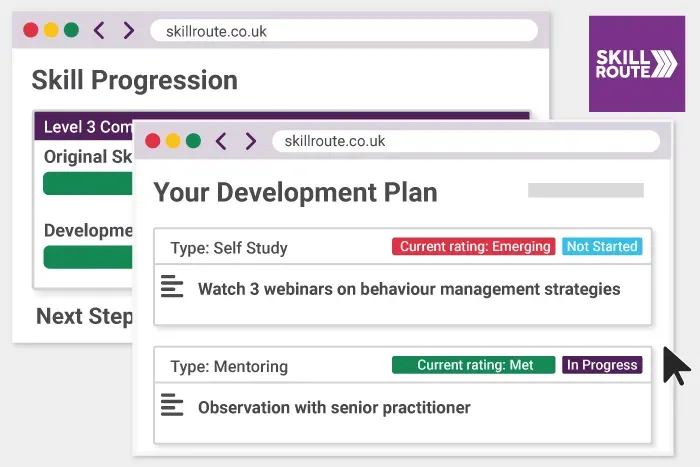
Can My Level 2 Staff Be Left Alone with Children? (2025 Ratio Rules Explained)
May 21, 2025
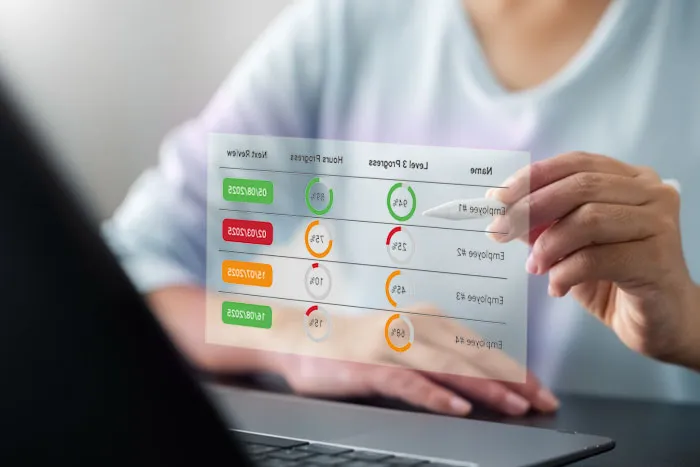
Understanding Ofsted's New Experience-Based Route for Early Years Staff
February 5, 2025
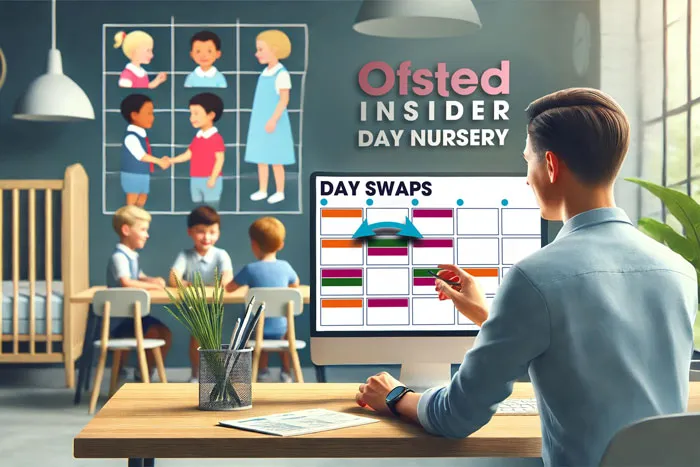
Are Day Swaps a Good Idea for Your Nursery? A Guide for Owners and Managers
December 11, 2024

Ofsted’s Grading Changes: Impact on Nurseries
September 3, 2024
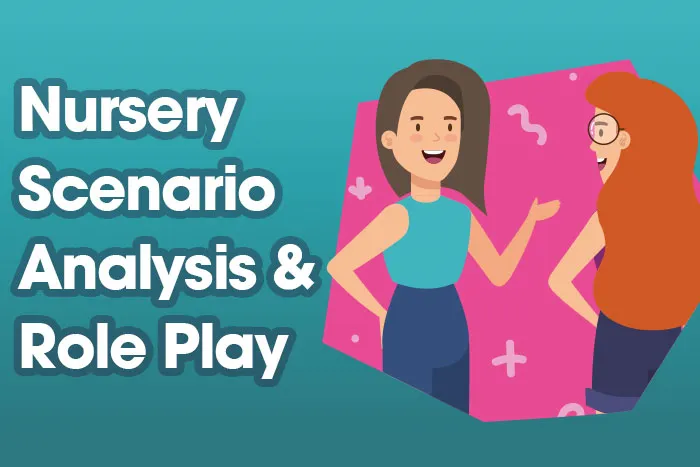
Nursery Staff Meeting Activities: Scenario Analysis and Role-Play
June 18, 2024
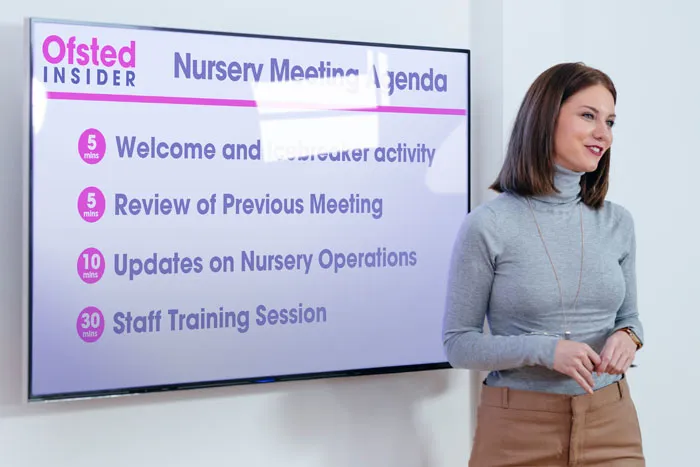
How to Write a Staff Meeting Agenda for Nursery Settings
June 18, 2024
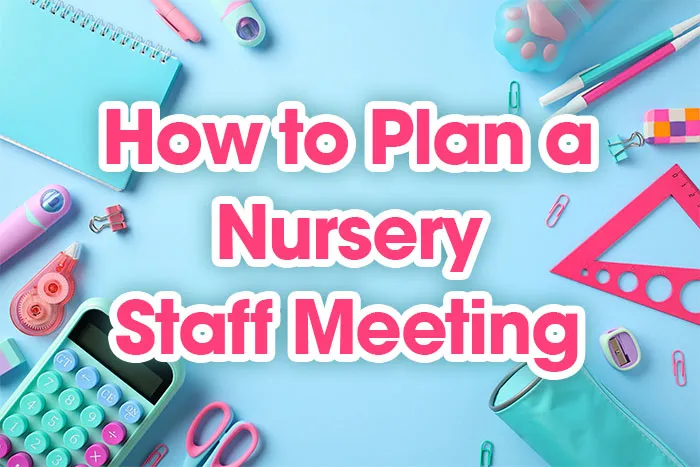
How to Plan a Nursery Staff Meeting
June 18, 2024
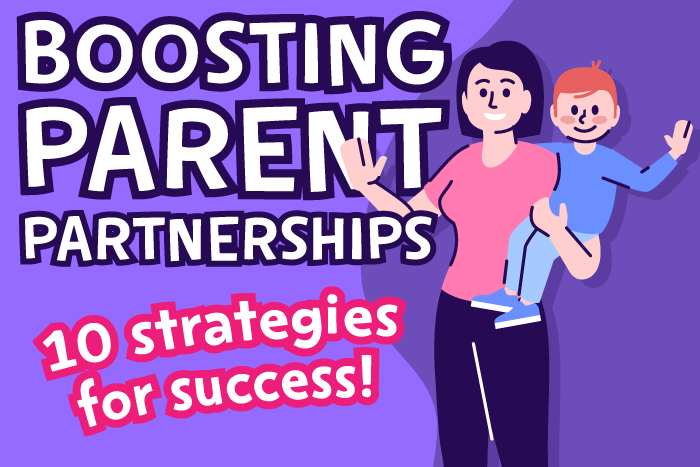
Boosting Parent Partnership: 10 Strategies for Nursery Success
May 10, 2024
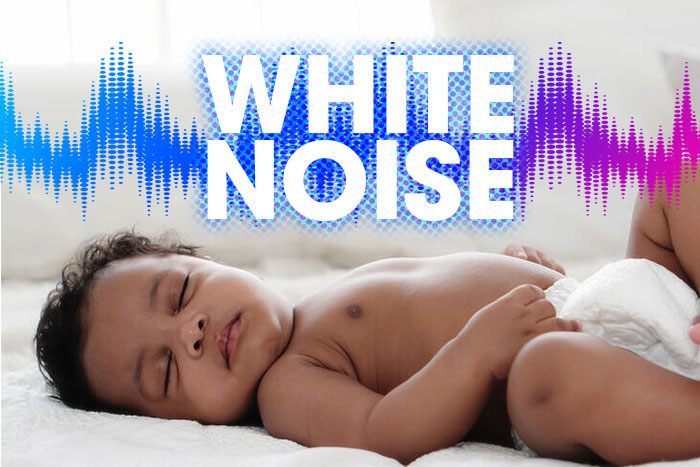
White Noise for Sleeping Babies: Pros, Cons, and Tips
October 24, 2023
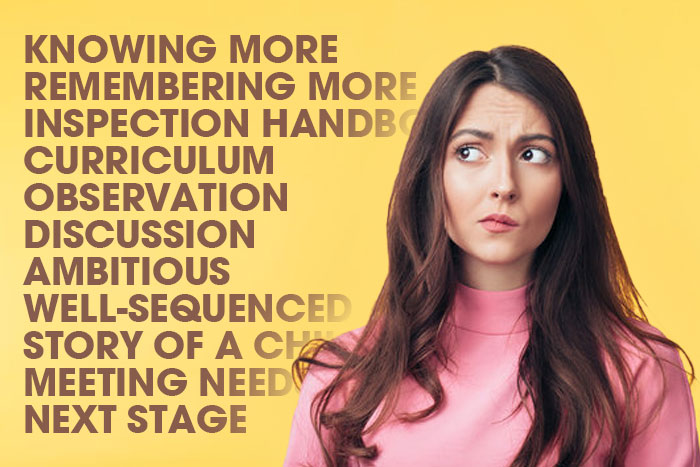
Common Ofsted Questions Answered: A Summary for Early Years Professionals
October 12, 2023
 © Copyright 2021 - 2025. All rights reserved.
© Copyright 2021 - 2025. All rights reserved.